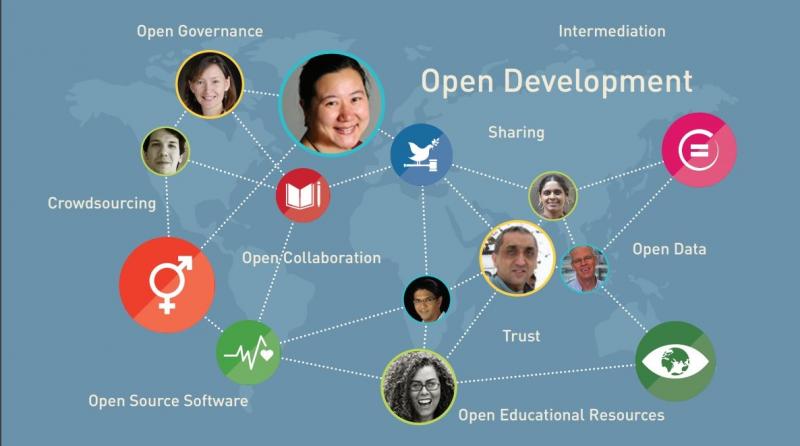Re-prioritising citizenship
CAG hosted a panel discussion to discuss various dangers that policies such as Smart Cities and other ICT initiatives are fraught with. Satyarupa Shekhar writes about discussions on issues of social injustice, privacy, digital divides and lack of institutional capacity in the context of the smart cities agenda and their implications for citizenship.

